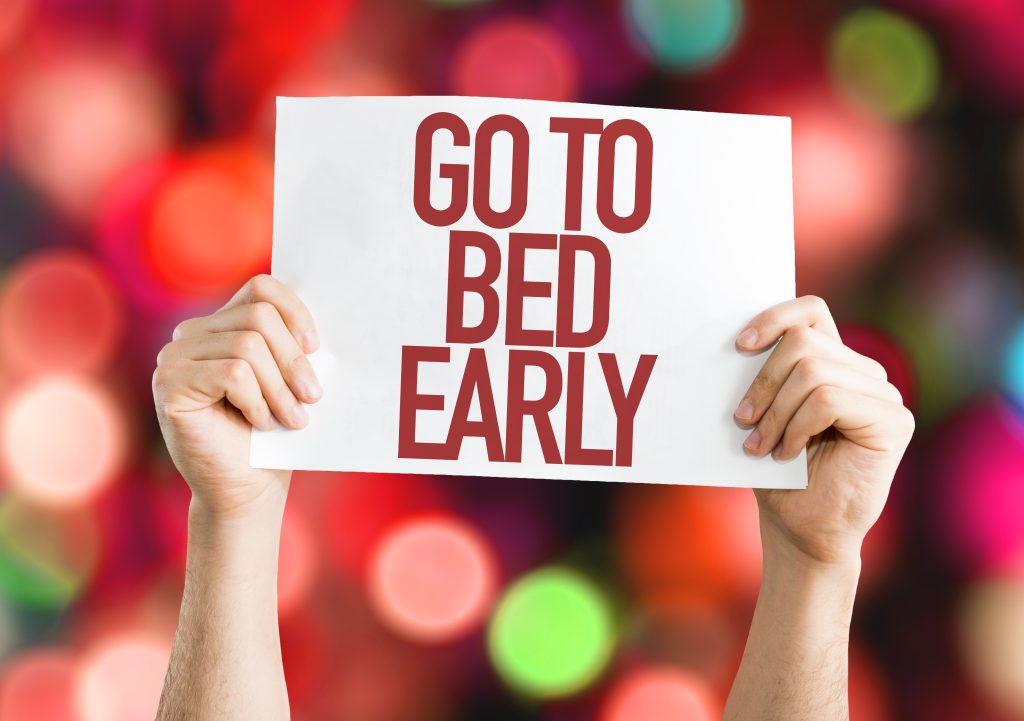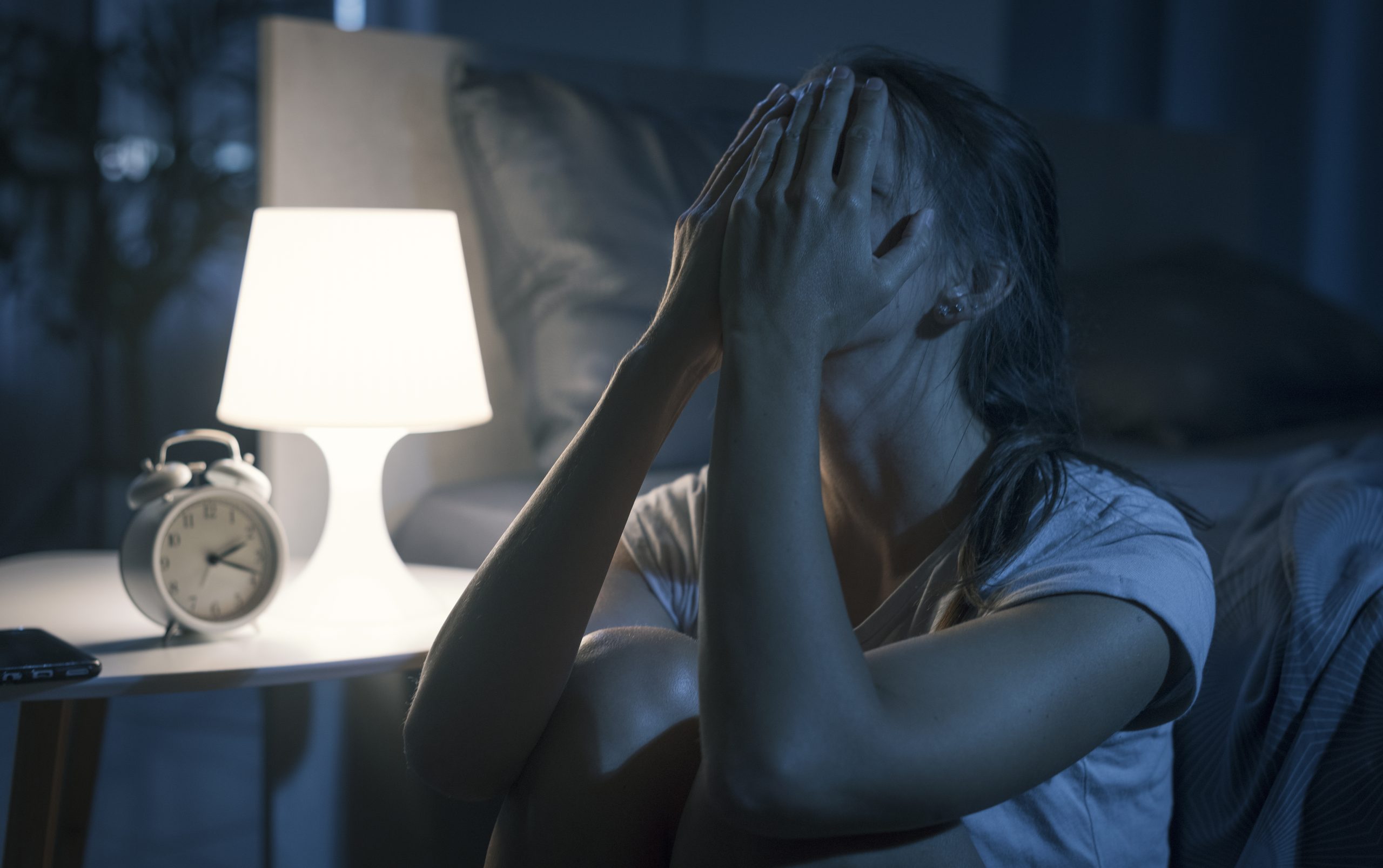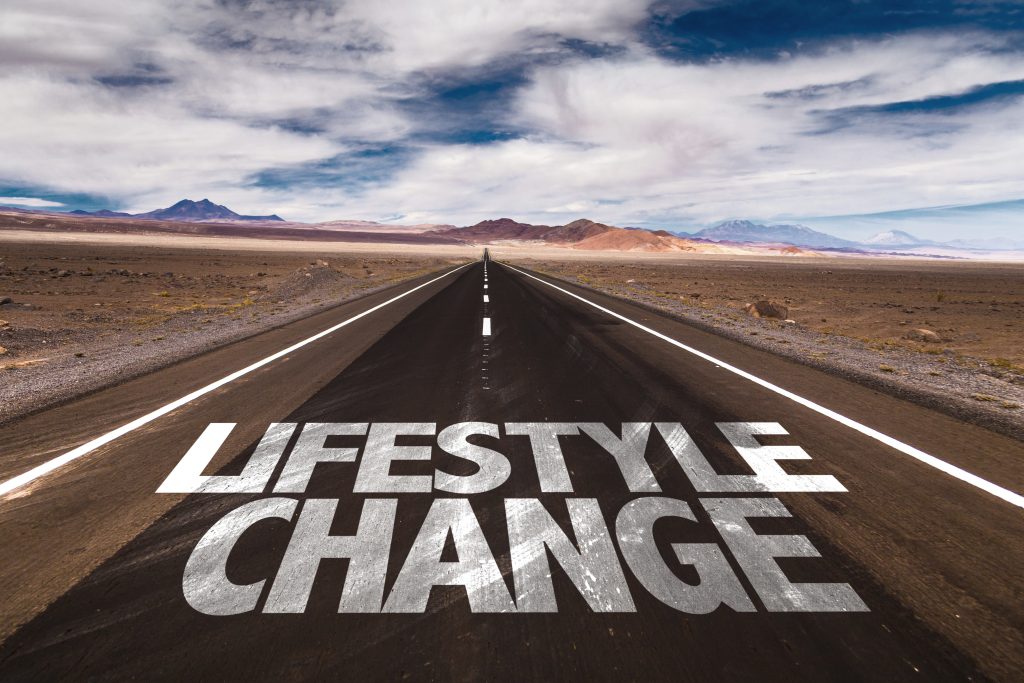What can happen if you have poor sleep for 14 days? What actually happens overtime if you’re sleep deprived might shock you because every single cell in your body is connected to an internal clock that controls your circadian rhythms.
Symptoms of Poor Sleep
- Tiredness – The most obvious symptom is you’re going to be tired which will lead to chronic fatigue.
- No energy to carry out your daily tasks.
- Cognitive function will suffer. This means that your memory is not going to be that great, you’re going to lose creativity, imagination, focus and concentration. You may notice brain fog and your mood will suffer.
- Anxiety, depression, or irritability may show up and you’re going to have more overall stress.
- The heart is greatly influenced by your sleep. The risk for having a heart attack and stroke goes up. The heart must constantly pump 24/7. It doesn’t have a chance to rest unless when you’re sleeping. But when you’re going through the day and you’re exercising or going through stress that is more strain on the heart. So, at the very least it needs a good night’s rest to recoup and recover.
- Hormones and the endocrine system are greatly influenced by your sleep cycles. Testosterone and libido are negatively affected by poor sleep. Infertility is another issue if you have poor sleep.
- Inflammation increases with lack of sleep. You might have more pain.
- Blood sugars rise because cortisol increases when you’re not sleeping. The stress hormone glucocorticoid increases so your body starts making more sugar even when you’re not eating. This is going to lead to more weight gain. Most of the fat that is burned is at night when you are sleeping. So, if you’re not sleeping, you’re not going to lose weight and you could potentially gain weight.
- Immune system is highly influenced by the quality of sleep. People that don’t sleep are more susceptible to getting infections because they have a weakened immune system.
How to Improve Sleep
- Increase oxygen when you sleep. There are several plants that produce a lot of oxygen that can help you sleep and give you more oxygen. One is called Pothos which is also called Devil’s Ivy and the other is Peace Lily. Keep these in your room and they’ll produce more oxygen for you. People also tend to sleep better with the window open.
- Lighting is important when you’re sleeping. You want no light when you are sleeping and unfortunately, we have lights 24/7. If you live in the city, you have even more lights. You also want to avoid blue light. This is the kind of light that comes from cell phones, computers, tablets and even some of the lighting in your house. The reason why blue light is bad for sleep is because it inhibits melatonin. Red light or infrared light increases melatonin. So, if you are using incandescent lights in your house that’s very good because they will give off a lot of infrared. Even a fireplace, candles and campfires will give off infrared light which are all really good for building up melatonin which can then help you sleep at night. What’s interesting about melatonin is that it doesn’t necessarily cause sleepiness, but it is involved in the circadian rhythms, and you need enough of it to be able to get into a proper sleep cycle.
- Getting enough sleep. We need about 7-8 hours of sleep in order to recuperate, regenerate and heal.
- Temperature of the room is very important as well. You want your room to be on the cooler side between 64- and 68-degrees Fahrenheit because your body tends to sleep better when it’s cooler versus when the room is hot.
- No liquids before bed. Try to get most of your water around dinner time and not past that so you can avoid getting up in the middle of the night. If you are getting up in the middle of the night to urninate, then fixing your insulin resistance will resolve this issue.
- If you have pain and inflammation that keeps you up at night the solution for that is usually vitamin D3. You want to take about 10,000 international units before bed and that should usually resolve that issue. Vitamin D in general for most people before bed will help them sleep.
- Reduce noise as much as possible. If you can wear ear plugs that will help.

- If you’re thinking too much or trying to resolve problems instead of sleeping, then taking vitamin B1 helps to turn that off and that can help you drift off into a better sleep. Another helpful tip is to write things down. Jot down a short list of tasks you want to accomplish the next day. A short list won’t overwhelm you but will allow you to achieve the tasks on your list.
- Cramps in your feet is usually caused by a magnesium deficiency. It could also be a potassium deficiency. If you get cramps, chances are you need to look at what you are eating or not eating.
- If you have a higher pulse rate that is going to affect your sleep greatly and that usually is a potassium deficiency. So, you need to consume foods high in potassium which are usually vegetables, in larger quantities. You could also take a potassium supplement. Another cause of high pulse rate is your pH is too acidic.
- Stress is an obvious disrupter of sleep. There are many things you can do for stress and of course exercise is at the top of the list. But physical work is a little bit better than exercise because it doesn’t give you a chance to focus in on problems that are on your mind. When you’re working on something your mind can focus on the task at hand. Ashwagandha is a good supplement as is lemon balm tea and vitamin B1 which you can get in the form of nutritional yeast.
- Kiefer before bed. It has a combination of not just good bacteria but friendly yeast as well. This is going to help your gut and you will also make more neurotransmitters like L tryptophan and serotonin. Serotonin turns into melatonin which we already know is important for sleep.
- Melatonin – one good way to get melatonin naturally is to be out in the sun. The sun’s rays give out various wavelengths, infrared is one of them, and that increases melatonin. Just getting outside, without direct sun exposure is enough. You can actually wear a hat, sunglasses and clothes that cover most of your skin because infrared can still penetrate clothing.
- Avoid stimulants like caffeine, tea or even chocolate later in the day.
As a retired registered massage therapist, I’ve always been interested in health. I grew up loving sports so that carried into my adult life in my chosen career paths and in my personal life. I now stay active with weight training, hiking and biking. My professional life has always been in health care. This has inspired me to seek out and adopt a life of natural health and wellness.


